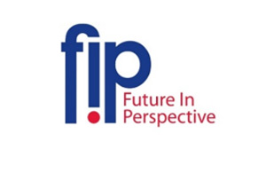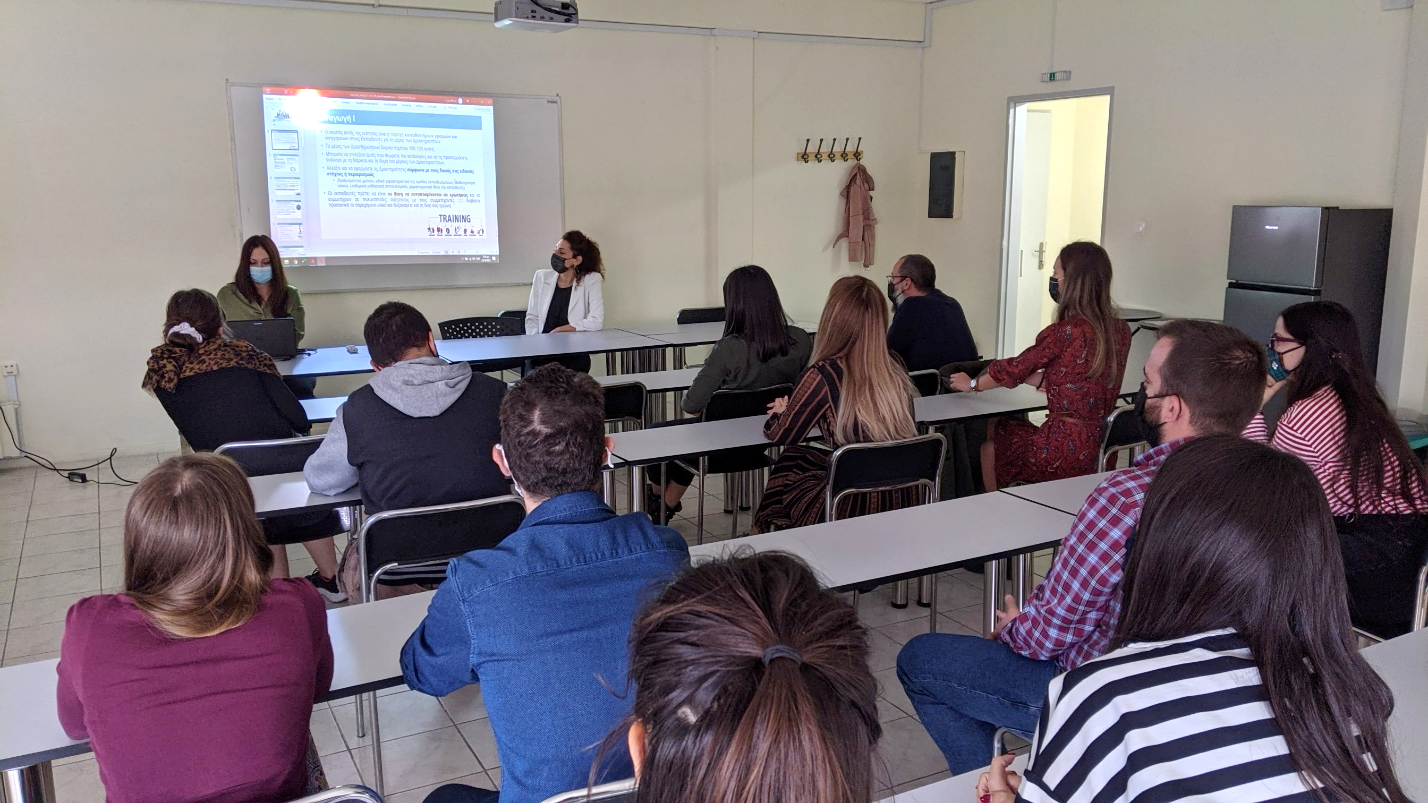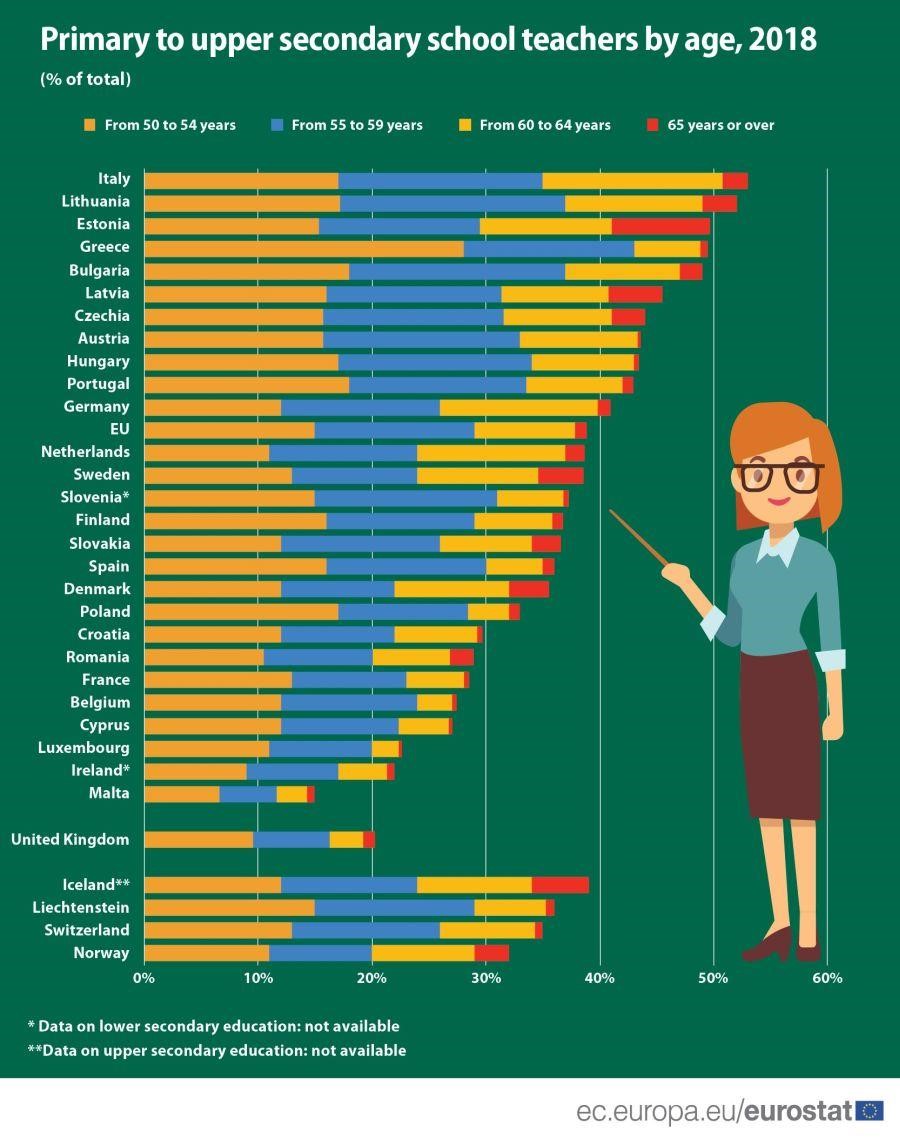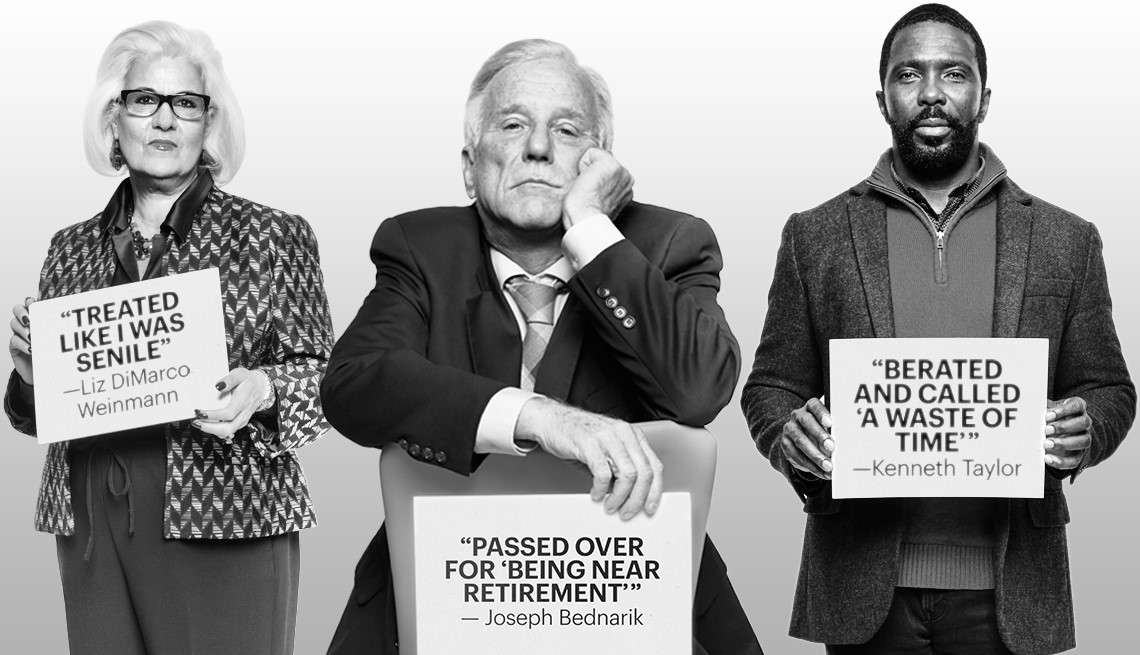
Overcoming the challenges in mentoring relationships.
Written by adminLearnGen on . Posted in news.
Overcoming the challenges in mentoring relationships.
Not all mentoring relationships are successful, some are marred by conflict, tensions and difficulties. When these challenges are not managed successfully, the reputation of the mentoring programme is at jeopardy and could result in its ultimate demise.
However, despite these challenges, there are a range of strategies that can be implemented to support the continual progression of the relationship;
- Incorrect matching of the mentor and the mentee:
Personality types might clash, personal and professional aspirations and needs might differ, and preferred working styles can result in a challenging relationship for both the mentor and the mentee. Unfortunately, when the working relationship is no longer working, it is important to speak up and identify that a change in relationship is required. By addressing these concerns early, replacement mentor(s) or mentee(s) can be found before either party decides to end the relationship.
- An individual who lacks the commitment and motivation to be part of the mentorship programme.
Often individuals sign up for a mentoring programme and soon realise that they do not have the time available to commit to participating in its associated activities. When the mentorship relationship beings, the mentor and the mentee should identify a series of goals and objectives that they wish to collectively achieve through participating in the programme. Setting SMART goals at the start of the mentoring programme will support both parties to stay motivated and engaged in the programme and will be more willing to commit to activities that are proposed.
- Conflicting Demands
As individuals progress during their career, they develop skills in managing their workload and their ability to juggle tasks and deadlines as they are presented. Within a mentoring relationship, if either party is unable to manage their day-to-day workload, they may struggle to provide input into the mentoring relationship. Being open, honest and realistic with deadlines and expectations from the partnership is an excellent way to overcome challenges that are presented from conflicting demands.
According to Martin (2016) mentoring programs are 80% planning and 20% implementation. By taking the time to effectively match the mentor with their mentee, illustrate the work demands of all parties, and to set realistic demands and expectations from the relationship, the mentoring programme has a greater chance of succeeding. By effectively communicating with one another, mentors and mentees can overcome challenges that they are presented with during their mentorship programme.































